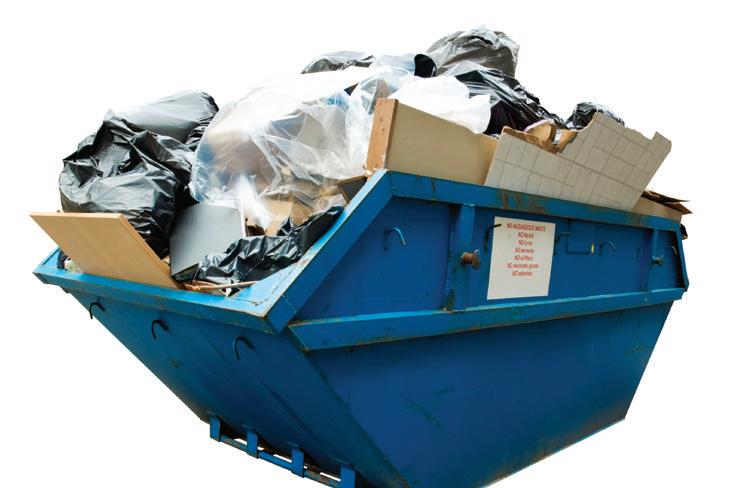15
Birth and death: from cradle to grave A
At the beginning Pregnancy1 is the nine-month period when a woman is expecting a baby. It begins with conception2, when the mother’s egg is fertilised3 and an embryo4 implants5 in the mother’s womb, or uterus6. Most mothers conceive7 naturally but some are helped by fertility drugs8 or other procedures such as IVF9. As the foetus10 grows, it is fed through the mother’s placenta11. After 40 weeks, the mother usually goes into labour12. If this doesn’t happen naturally, she may be induced13. Usually, a mother is helped to give birth14 by a midwife15. Sometimes a surgeon is needed to deliver16 the baby by caesarean section17. 1
(adj. = pregnant) 2 time when sperm and egg meet and a baby starts to form 3 made to start developing into new life 4 developing baby 5 fixes itself 6 organ inside the mother where the fertilised egg develops into a baby; uterus is a more medical word than womb 7 become pregnant 8 drugs that help a woman to become pregnant 9 in vitro fertilisation: process that fertilises a woman’s egg in a laboratory; babies born this way are sometimes referred to as test tube babies 10 what the embryo developing in the uterus is known as from eight weeks onward 11 organ connecting the developing baby to the mother and giving it food 12 goes into the last stage of pregnancy, where the womb starts the process of pushing the baby out of the body 13 be helped medically to start the process 14 Language help have her baby of labour (noun = induction) 15 person medically trained to help women when Expect when it means ‘expect a baby’ is only they are giving birth 16 help the mother to give birth 17 used in the continuous form, e.g. Helena and (noun = delivery) operation in which the mother’s her sister are both expecting (NOT expect). abdomen and womb are cut open to allow the baby to be removed
B
At the end More and more people these days are living to a ripe old age1. My aunt, for example, that’s my late2 father’s sister, is 93. She’s been a pensioner3 for more years than she worked. She lives in sheltered accommodation4 but she’s not at all doddery5 or gaga6. She’s lucky still to have all her wits about her7 because a lot of elderly people develop dementia8. Funerals are changing a lot too. I went to one recently where there was a coffin9 in the colours of the dead man’s football team. And at the wake,10 his sister told me she’d put it in her will11 that her own ashes12 are to be sent up in a rocket! Funerals now are often more about celebrating a person’s life rather than just about mourning13. As for me, I think I’d prefer an ordinary cremation14. But then I’d quite like to have my ashes scattered15 at sea, as I love sailing. 1
living well into old age; usually used in the phrase to live to a ripe old age 2 now dead 3 elderly person, receiving an old age pension from the state 4 special housing, usually for old people, where care staff also 5 live weak and unable to walk well, usually because of old age; informal 6 unable to think clearly because of old age; informal and offensive 7 is still able to think and react quickly 8 an illness that causes problems with memory loss 9 box where the dead person is put 10 gathering of family and friends after a funeral 11 legal document saying what is to happen to your possessions after your death 12 remains of a body after 13 cremation (see 14) expressing sadness after someone’s death (the mourners have been bereaved) 14 service at a place called a crematorium, where a dead body is burnt (as opposed to a burial, where the body is buried in the ground) 15 spread around
C
Death in different registers expressions of sympathy: Please accept my condolences. (formal) I was so sorry to hear/learn of your loss. (informal) euphemisms for ‘to die’: to pass away, to pass on, to pass over very informal expressions for being close to death: to be at death’s door, to be on your last legs (often used about machines, e.g. My laptop’s on its last legs) newspaper words: fatalities [dead people], perished [died], slaughtered [violently killed] legal words: the deceased [the dead person], to bequeath [to leave something in a will; noun = a bequest], to inherit [to receive something from someone who has died; noun = an inheritance], to die intestate [without having made a will]
36
English Vocabulary in Use Advanced



















































